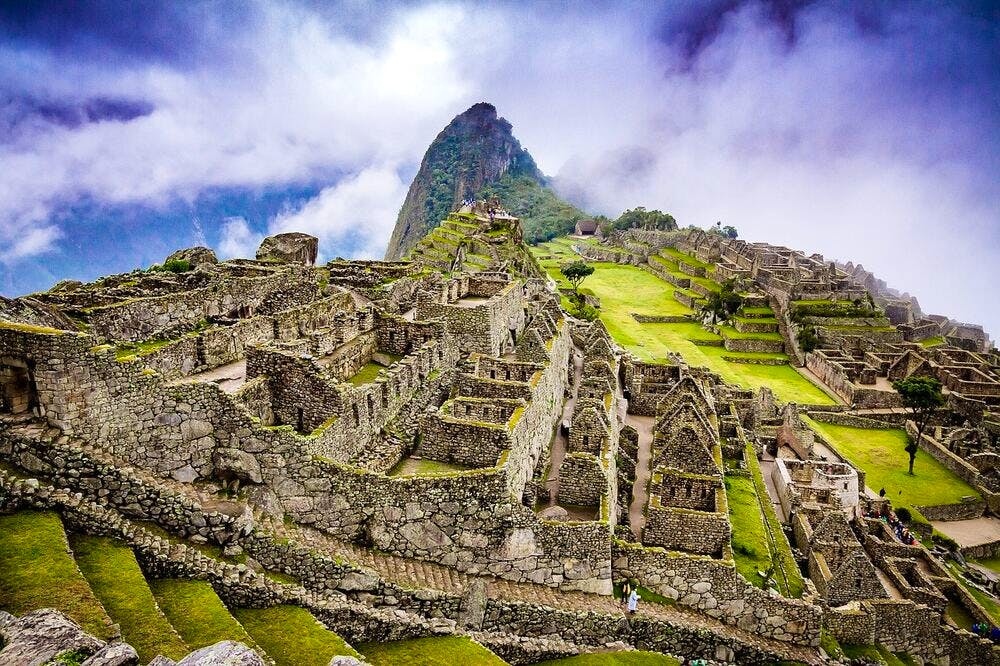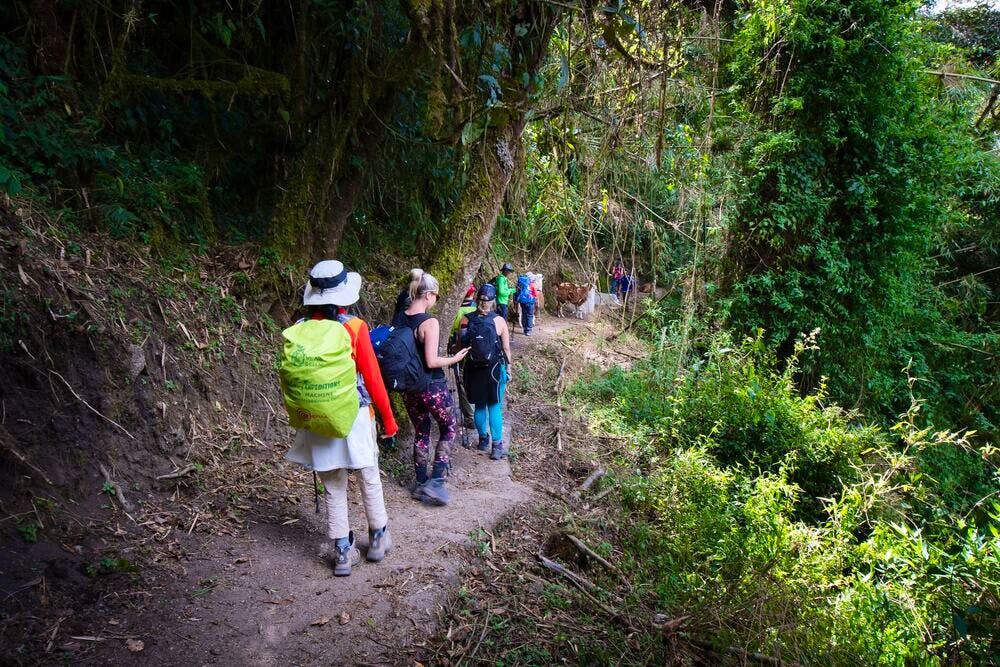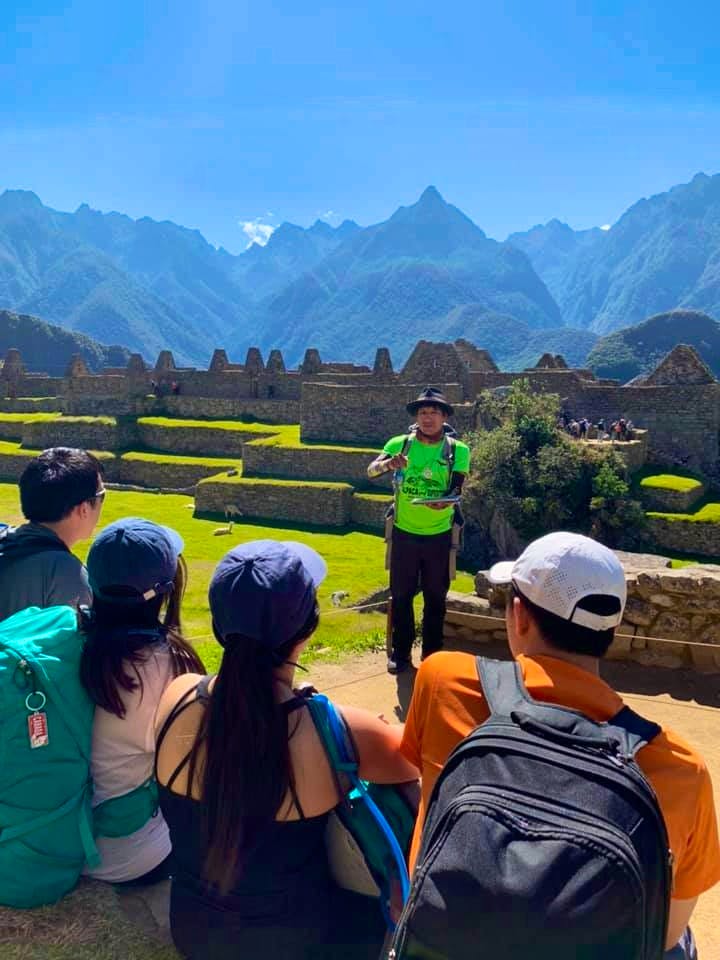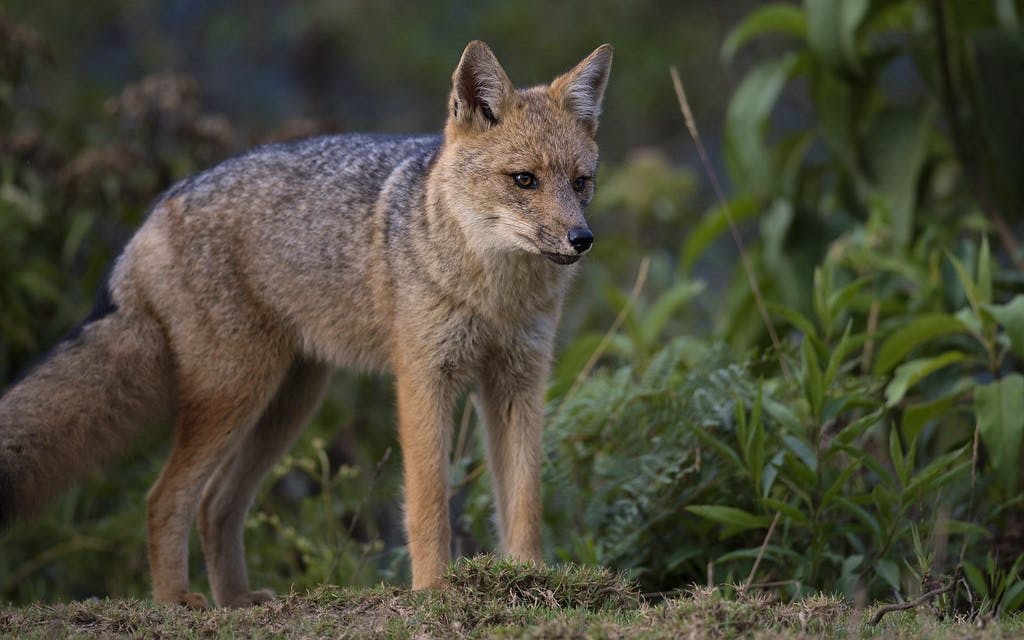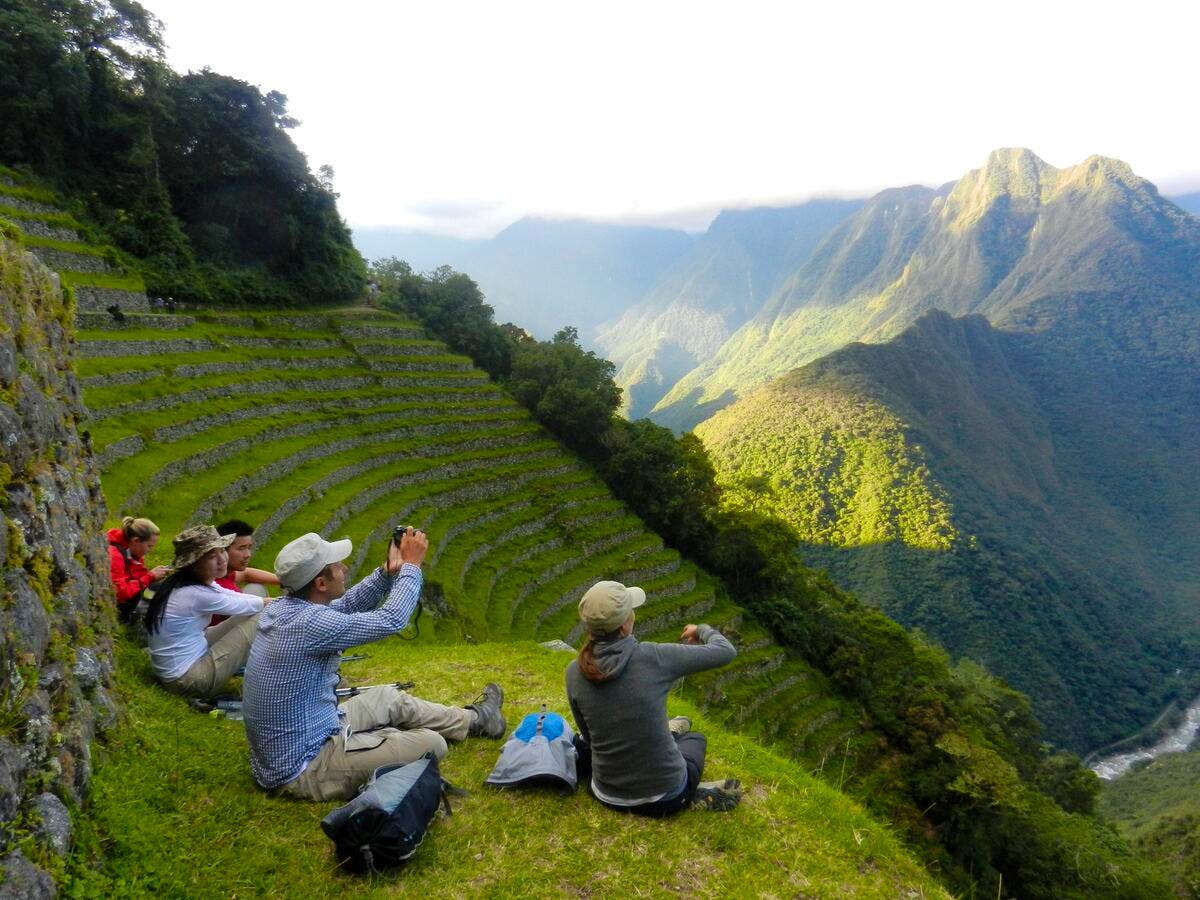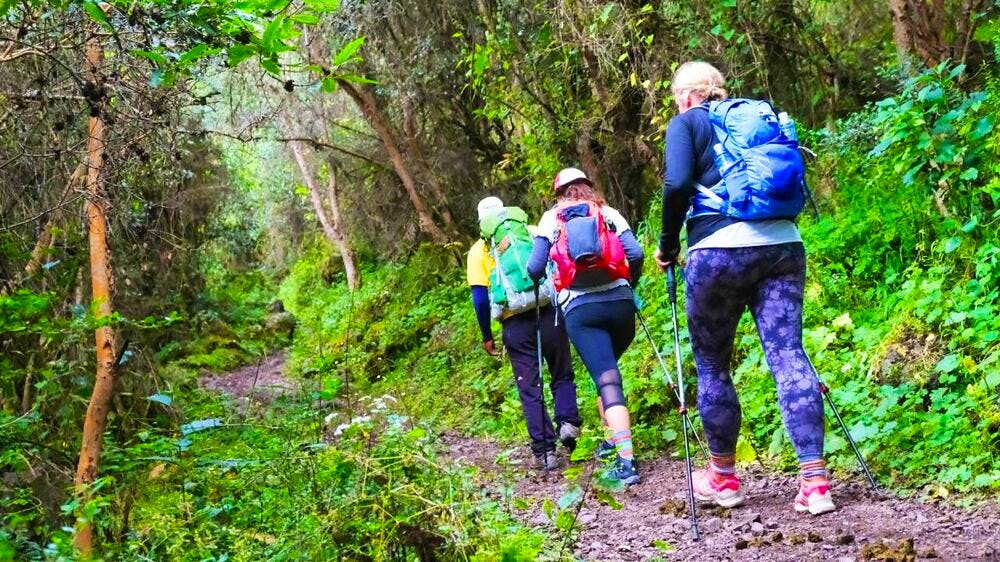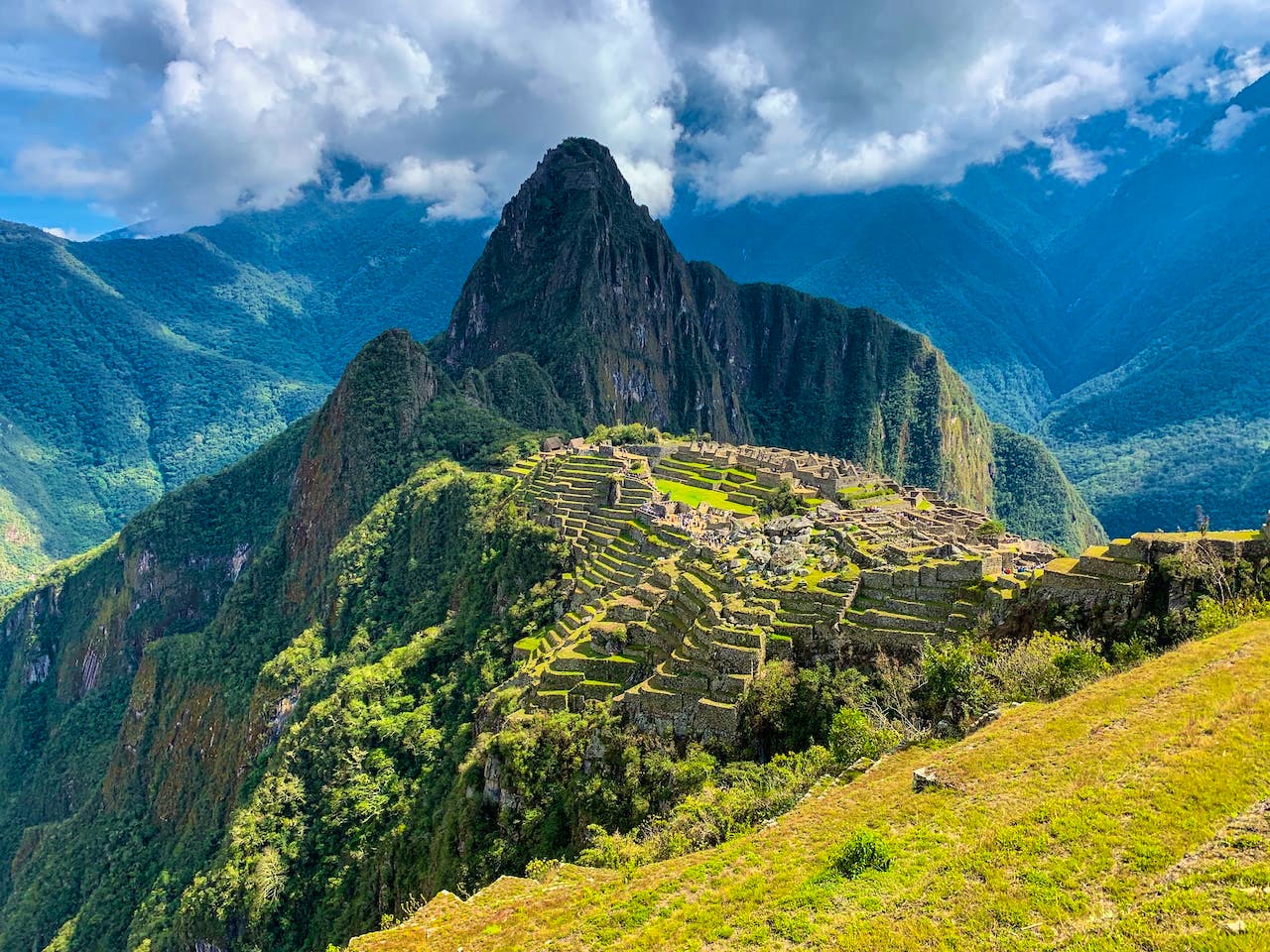This ancient gateway, known as Inti Punku in Quechua, offers an unparalleled view of the iconic Incan citadel.
The Machu Picchu Sun Gate Hike: What You Need to Know
Embark on a journey through time and space as we delve into everything you need to know in our
travel tips Machu Picchu about the Sun Gate Machu Picchu hike.
The Sun Gate, or Inti Punku, wasn’t just a decorative archway but served as a critical entrance to the sacred city of Machu Picchu.
Strategically positioned, it allowed the Incas to control access to the citadel, acting as an ancient security checkpoint. It’s easy to imagine Incan guards stationed here, keeping a watchful eye on all who approached.
But the Sun Gate was more than just a functional piece of architecture; it held deep spiritual significance for the Incas.
Dedicated to
Inti, the Sun God, the gate was ingeniously aligned so the sun would shine directly through it during the winter solstice. This celestial event was immensely important in Incan rituals, symbolising the Sun God’s power and benevolence.
So, you’re sold on the idea of visiting the Sun Gate, but how do you actually get there? And
is the Inca trail worth it? Good news: you’ve got options, and yes, it is.
One popular route starts right from the heart of this
Machu Picchu circuit. After entering the citadel, you’ll find signs directing you toward the Sun Gate. Just follow the well-marked trail, and you’ll be there in no time.
Another option is to approach it as part of the
classic 4-day Inca Trail trek. The Sun Gate is the grand finale, offering a stunning first glimpse of Machu Picchu as you descend from the trail. It’s the kind of view that makes all the sweat and sore muscles worth it.
As for the estimated time and
Inca trail difficulty, if you’re starting from Machu Picchu, plan for about a 2-hour round trip. The trek is considered moderate, with some steep sections that might get your heart pumping.
But don’t worry; it’s doable for most fitness levels. Just remember, you’ll be hiking at an altitude of around 2,745 meters, so acclimatisation is vital to enjoying the journey.
Timing is everything, especially when hiking up to the Sun Gate at Machu Picchu. While the gate is accessible year-round, there are some seasonal considerations to remember.
The dry season runs from May to August and is generally considered the
best time to hike Machu Picchu to reach the Sun Gate. During these months, you’re less likely to encounter rain, and the skies are often clear, offering unobstructed, jaw-dropping views of the citadel below.
However, these are also the busiest months, so if you’re not a fan of crowds, you might consider going during the shoulder seasons of April and September.
The weather is still relatively stable during this time, and you’ll save more money on your
Machu Picchu hike cost while having a bit more solitude to enjoy the spiritual ambience of the Sun Gate.
Regardless of when you go, it’s always a good idea to check the
weather at Machu Picchu forecast and prepare accordingly.
After all, Mother Nature has her own agenda, and it doesn’t always align with ours. So pack some layers, bring your rain gear just in case, and don’t forget the sunscreen!

Latest Deals
Discover trips on sale on Skyhook. Book once-in-a-lifetime adventures at discounted prices.
What to Expect on the Trek
What can you expect along the way? First off, let’s talk about the trail itself. It’s a well-marked path that starts from within the Machu Picchu citadel.
You’ll traverse through lush vegetation, and if you’re lucky, you might even spot some local
Machu Picchu animals like chinchillas, Andean foxes or
Machu Picchu llamas. The trail offers a mix of flat terrains and steep inclines, so you’ll get a good workout but nothing too strenuous.
Now, let’s address the elephant in the room—or should we say, the altitude in the air?
The Sun Gate sits at an elevation of approximately 2,745 meters above sea level. That’s about 300 meters higher than Machu Picchu itself.
While the altitude isn’t extreme, it’s enough to make the trek more challenging if you’re not acclimatised. Symptoms of
Machu Picchu altitude sickness can include headaches, nausea, and shortness of breath.
To mitigate these effects, spending a couple of days acclimatising in Cusco or another high-altitude area is advisable before attempting the hike.
So, you’ve read about the journey to the Sun Gate, but the question remains: is it worth this epic
hike to Machu Picchu? The short answer is a resounding yes!
But don’t just take our word for it; countless travellers have shared their awe-inspiring experiences of reaching this ancient gateway.
When it comes to the sheer
Machu Picchu trek time on this course, the sense of accomplishment, coupled with the panoramic views of Machu Picchu, make it a trek that’s hard to beat.
But how does it compare to other viewpoints like
Machu Picchu Mountain? Well, each has its own unique allure.
Machu Picchu Mountain offers a higher vantage point and a more challenging trek, but the Sun Gate provides historical context that adds another layer of richness to your Machu Picchu experience.
Plus, the Sun Gate is more accessible for those who may not have the time or physical capability for a more strenuous hike.
Before you lace up those hiking boots, check out our essential tips and recommendations to make your trek to the Sun Gate Machu Picchu a smooth and memorable one.
Sturdy Hiking Boots: Ensure they’re broken in and comfortable for long walks.
Water Bottle: Hydration is critical, especially at high altitudes.
Snacks: Energy bars or fruit can give you that much-needed boost.
Backpack: A small, lightweight pack to carry essentials.
Rain Gear: Weather can be unpredictable, so it’s best to be prepared.
Camera: You’ll want to capture the stunning views; trust us!
Acclimatisation: Spend a few days in a high-altitude area like Cusco before attempting the trek.
Pace Yourself: Altitude can make the trek more challenging, so take it slow.
Sun Protection: High altitudes mean stronger UV rays. Don’t forget sunscreen and a hat.
First Aid Kit: Basic supplies like band-aids, antiseptics, and pain relievers can come in handy.
Local Currency: While not directly related to health, having some local currency can help you buy water or snacks along the way.
Adding the Sun Gate hike to your
Peru adventure provides more than just stunning views; it deepens your understanding of Machu Picchu’s historical and cultural significance.
It’s a moderate hike well worth the effort, offering a unique perspective of the iconic citadel. Don’t miss this enriching experience on your trip with us at
Skyhook Adventure.
Other Machu Picchu Articles
